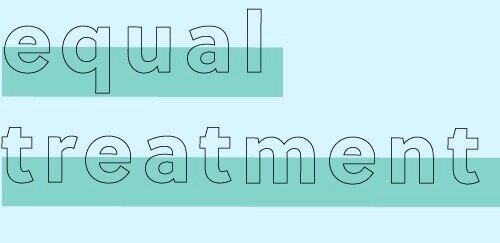Race-Based Medicine
Assessment & Plan
Patient Advocacy:
Ever since the Institute of Medicine published its report, Unequal Treatment, the medical community has grappled with the reality that racial and ethnic minorities in the U.S. receive lower quality healthcare compared to White people. These differences persist even when controlling for insurance coverage, income, neighborhood, comorbidities and other healthcare access-related factors. These persistent healthcare disparities can be attributed to both healthcare system factors and provider-level factors like implicit bias and stereotypes.
When confronted with the enormity of the threat posed by racism to patients’ health, even the most well-intentioned provider can be tempted to withdraw from the problem; after all, what can one provider do in the face of such a deeply entrenched problem? For starters, healthcare providers can openly acknowledge the ways in which race and racism affect healthcare. Providers can learn the history and current manifestation of racism in healthcare, become familiar with the strengths of the communities they serve, explore their own implicit biases, and build solidarity with patients by asking better questions about identity and prior experiences with the healthcare system.
